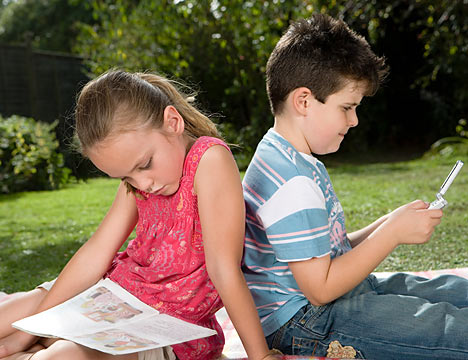 When it comes to hygiene for kids, it goes deeper than simply ensuring that your child looks presentable on the outside. Hygiene is actually an active way of preventing illnesses. Proper hygiene is especially important to school going kids, as most of kids’ illnesses are contracted from school where germs spread faster than a bush fire. When you teach your kids proper hygiene at an early age, they can carry this habit for a lifetime. As your child grows and approaches puberty, it becomes more obvious why they should maintain proper hygiene. This is the stage when changes in hormones lead to the release of strong body odors as well as oily hair and skin. As a parent, you need not wait until your child has been a teenager. Begin by using basic strategies to make it possible for your child to always be healthy and clean.
When it comes to hygiene for kids, it goes deeper than simply ensuring that your child looks presentable on the outside. Hygiene is actually an active way of preventing illnesses. Proper hygiene is especially important to school going kids, as most of kids’ illnesses are contracted from school where germs spread faster than a bush fire. When you teach your kids proper hygiene at an early age, they can carry this habit for a lifetime. As your child grows and approaches puberty, it becomes more obvious why they should maintain proper hygiene. This is the stage when changes in hormones lead to the release of strong body odors as well as oily hair and skin. As a parent, you need not wait until your child has been a teenager. Begin by using basic strategies to make it possible for your child to always be healthy and clean.
Hygiene for Kids—How to Maintain Personal Hygiene
1. Wash Hands Frequently
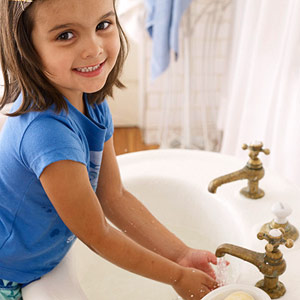 The hands are known to spread germs more than any other part of the human body. It is important to emphasize on the importance of washing the hands. This is especially important for kids who get their hands dirty and hardly think of washing them before sticking their hands in the cookie jar.
The hands are known to spread germs more than any other part of the human body. It is important to emphasize on the importance of washing the hands. This is especially important for kids who get their hands dirty and hardly think of washing them before sticking their hands in the cookie jar.
Teach your kids to wash their hands:
- Before taking snacks or meals.
- Before and after handling or preparing food.
- Before touch an infant or toddler.
- After playing outside.
- After using the toilet.
- After playing with the pet.
- After handling the trash.
- After changing or cleaning the pet cage.
- After blowing the nose and sneezing.
If you cannot afford sanitizers and germ soaps, it is okay for your kids to wash their hands with the normal soap and running water. Teach them to lather their hands, rub and rinse for 15 seconds or more. After this, they should use a clean towel to dry the hands.
2. Brush and Wash Hair Regularly
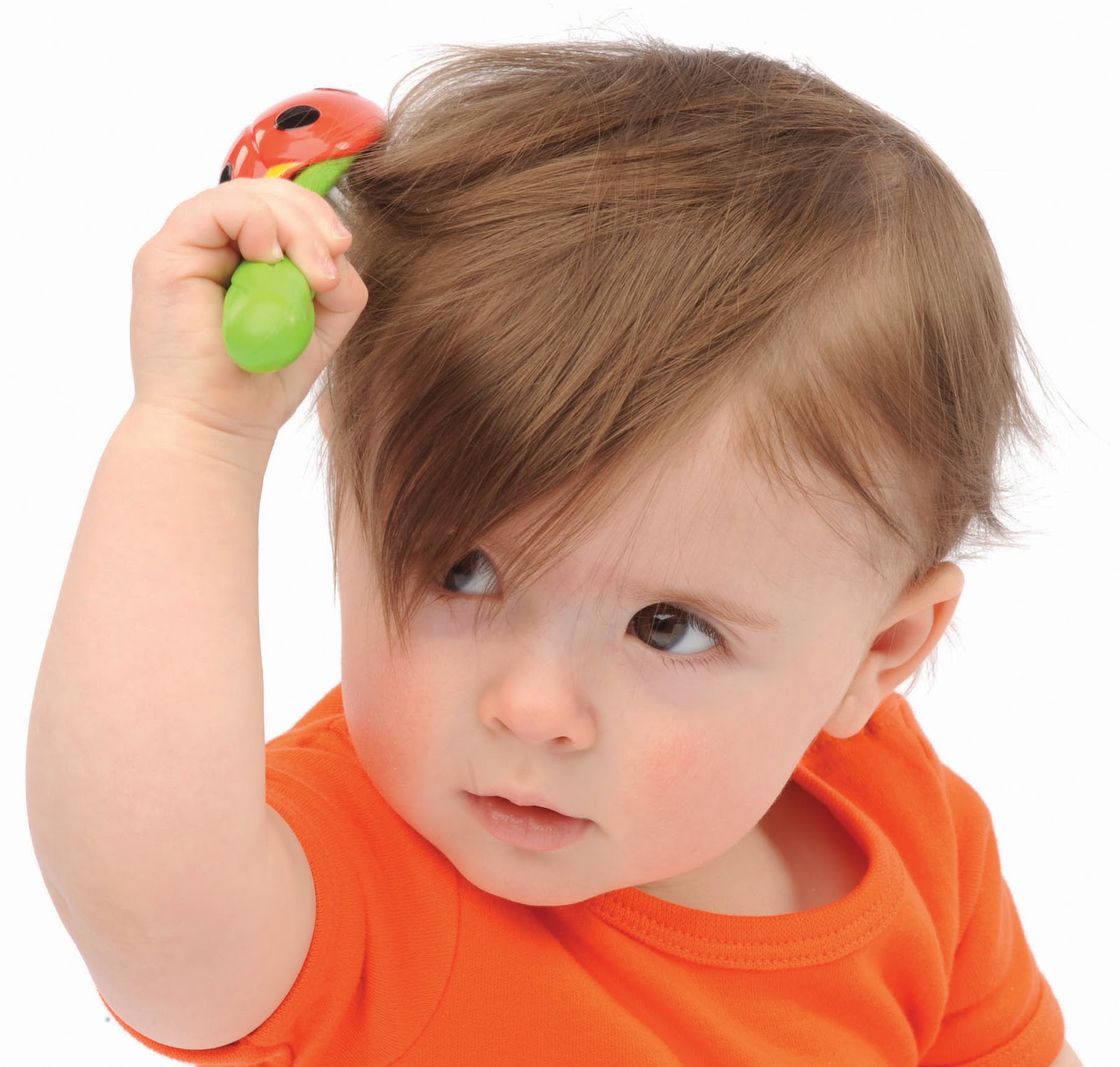 Most kids start hating brushing and washing their hair when they are toddlers. While some kids outgrow this stage, some do not. When hair is brushed on a daily basis, it helps to get rid of dead skin cells and dead hair. It is also ideal as it helps in distributing oils from the scalp to the hair shafts.
Most kids start hating brushing and washing their hair when they are toddlers. While some kids outgrow this stage, some do not. When hair is brushed on a daily basis, it helps to get rid of dead skin cells and dead hair. It is also ideal as it helps in distributing oils from the scalp to the hair shafts.
It is important to teach kids the habit of brushing their hair every day and washing it at least once a week. When shampooing the kid’s hair, use mild products made for kids. Most of these products contain detangling agents that help in keeping the hair smooth and manageable. Kids who sweat a lot should wash their hair more than once a week.
It is also important to cut and trim your kid’s hair regularly, at least every four to six weeks. This prevents split ends and helps in hair growth.
3. Maintain Oral Health
 Nowadays cavities have become less common than they were a few years ago. To ensure that your kid’s teeth remain healthy, you need to emphasize on daily brushing. It is important for toddlers as well as small children to learn how to brush their teeth at least once each day.
Nowadays cavities have become less common than they were a few years ago. To ensure that your kid’s teeth remain healthy, you need to emphasize on daily brushing. It is important for toddlers as well as small children to learn how to brush their teeth at least once each day.
Ensure you teach your child proper brushing technique, including the need to brush the tongue. Poor brushing routines lead to common breathe problems in kids.
Here is a video that shows how to brush teeth properly and your kids will love it:
4. Establish a Bath Schedule
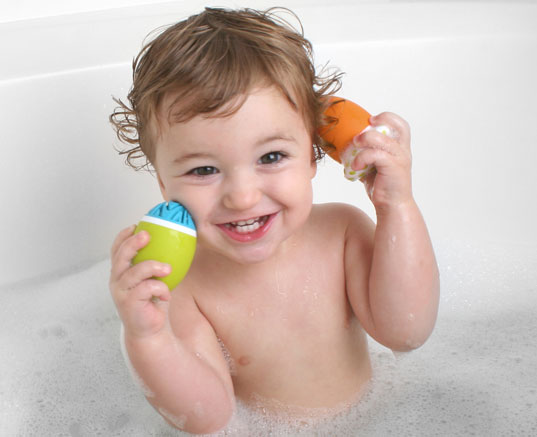 A lot of kids do not like taking baths. Most of them hate bathing for various reasons. The most common reasons include skin sensitivity, fear of water and the urge to constantly play without being interrupted by bath times. Even so, taking daily baths is very important if you want to keep your kid away from germs and illnesses.
A lot of kids do not like taking baths. Most of them hate bathing for various reasons. The most common reasons include skin sensitivity, fear of water and the urge to constantly play without being interrupted by bath times. Even so, taking daily baths is very important if you want to keep your kid away from germs and illnesses.
If your child hates bath times, you can try and make it fun for them. You can buy kid-centric soaps, tub toys and use that time to talk to your kid. The best time to bath your kid is before bedtime and before school. Teach your kids how to wash their armpits, hair, face, hands, feet and between the toe and finger nails. Also, teach them how to clean the exterior parts of their ears. Place emphasis on cleaning their genital areas and bottom.
5. Washing Feet Once a Day
 Always ensure that your child washes their feet properly at least once each day. It is important to dry them carefully, especially between the toes. If your kid swims a lot, ensure that they dry feet thoroughly to prevent development of infections. Also, train the child to wear slippers as barefooted walking can lead to infections.
Always ensure that your child washes their feet properly at least once each day. It is important to dry them carefully, especially between the toes. If your kid swims a lot, ensure that they dry feet thoroughly to prevent development of infections. Also, train the child to wear slippers as barefooted walking can lead to infections.
6. Change Clothes Whenever Necessary
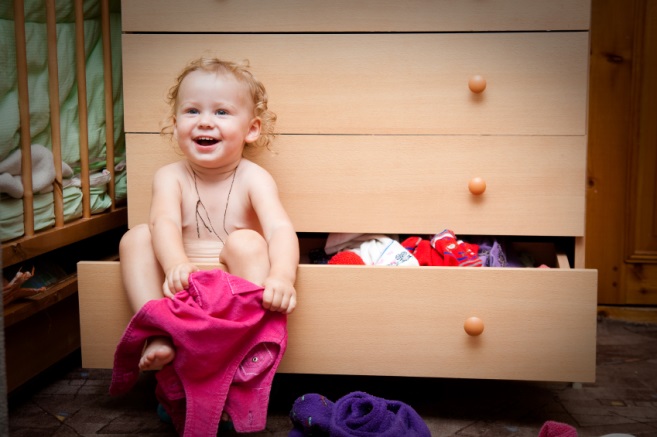 Even if your child is in their early years, clothes can get stained really easily and will need changing. This is mostly important for the underclothes which accumulate sweat and other stains. Ensure that your kid changes their clothes at least twice each day, since you know that they should not go to bed with the same clothes they have been wearing throughout the day. If they have to wear school uniforms, you should ensure they take them off as soon as they get home and change into something clean.
Even if your child is in their early years, clothes can get stained really easily and will need changing. This is mostly important for the underclothes which accumulate sweat and other stains. Ensure that your kid changes their clothes at least twice each day, since you know that they should not go to bed with the same clothes they have been wearing throughout the day. If they have to wear school uniforms, you should ensure they take them off as soon as they get home and change into something clean.
7. Make Shoes Dry and Clean
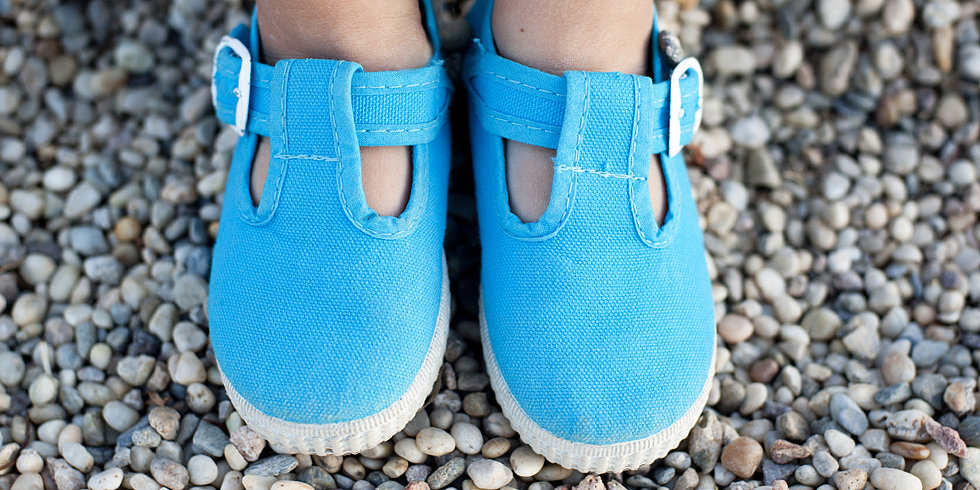 Your child spends most of their time on their feet, meaning they’re in shoes most of the time. When shoes absorb the sweat, they creates conducive environment for bacteria.
Your child spends most of their time on their feet, meaning they’re in shoes most of the time. When shoes absorb the sweat, they creates conducive environment for bacteria.
If your child has only one pair of shoes for school, ensure they remove them as soon as they get home. This allows the shoes to air and dry out before the next day. Your child should learn to keep their shoes clean at all times by brushing and washing them regularly.
Hygiene Habits for Kids—How to Develop Good Habits
1. Make Kids Regard Good Hygiene as a Duty
If you find that your kid is resistant to good hygiene habits, you need to emphasize on the need for hygiene. Make the child understand that it is a household duty for them to practice good hygiene. Let them know that there will be repercussions if they fail to be proactive on proper hygiene.
2. Be a Role Model
Kids are very good at picking up habits from their parents. When you set the pace for proper hygiene, your children are likely to follow suit. Create and stick to good hygiene habits and make your children a part of the routines to cultivate the habit in them.
3. Seek Advice from a Doctor If Necessary
If you experience trouble with making your kid understand the importance of good hygiene, you can seek professional help from a doctor. You can ask a doctor to discuss hygiene issues before appointments. Maybe your kid will take the doctors’ word more seriously.
4. Make Hygiene Fun and Exciting
Kids are likely to enjoy hygiene if they are having fun with it. You can use shampoos to create impressions on their hair and use the lather to create bubble for them. Teach your kids to do a dance when brushing their teeth. This prevents from making hygiene a chore and makes it a fun experience.
You can also buy hygiene equipment that your kids will look forward to using. Simple things like toothpaste with flavors, or toothbrushes with cartoon characters, or even kid soap in special shapes can make hygiene time become something your kids look forward to.
You can let your kids watch the video and learn the importance of hygiene for kids:
